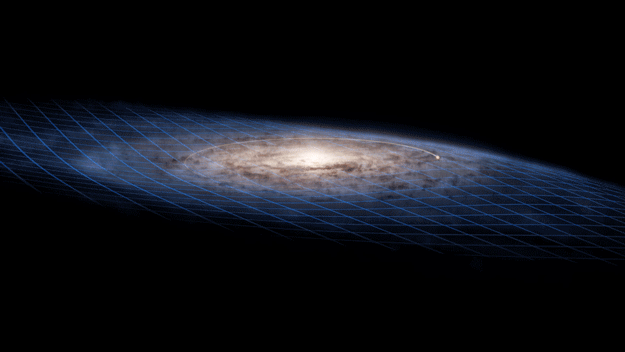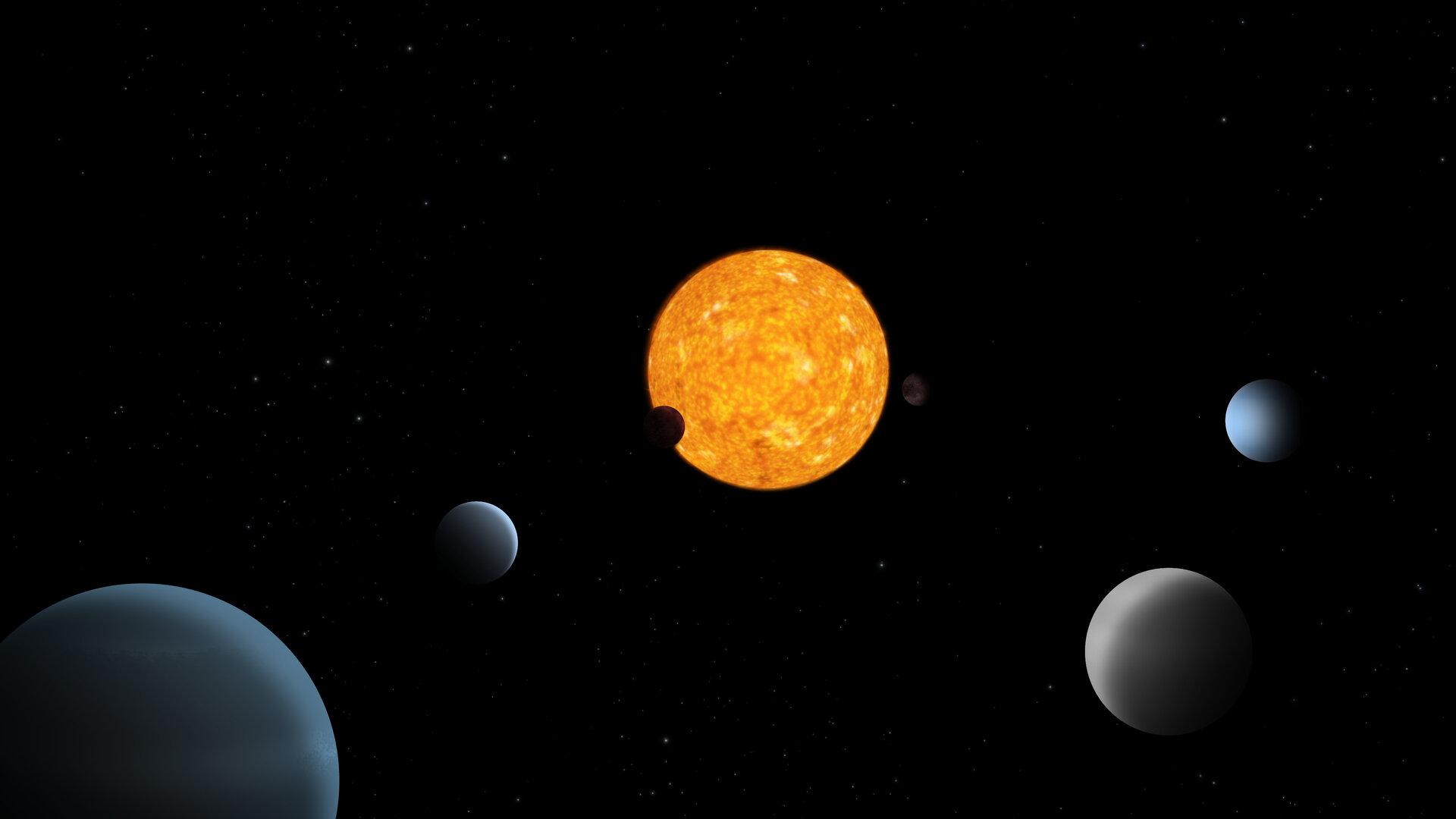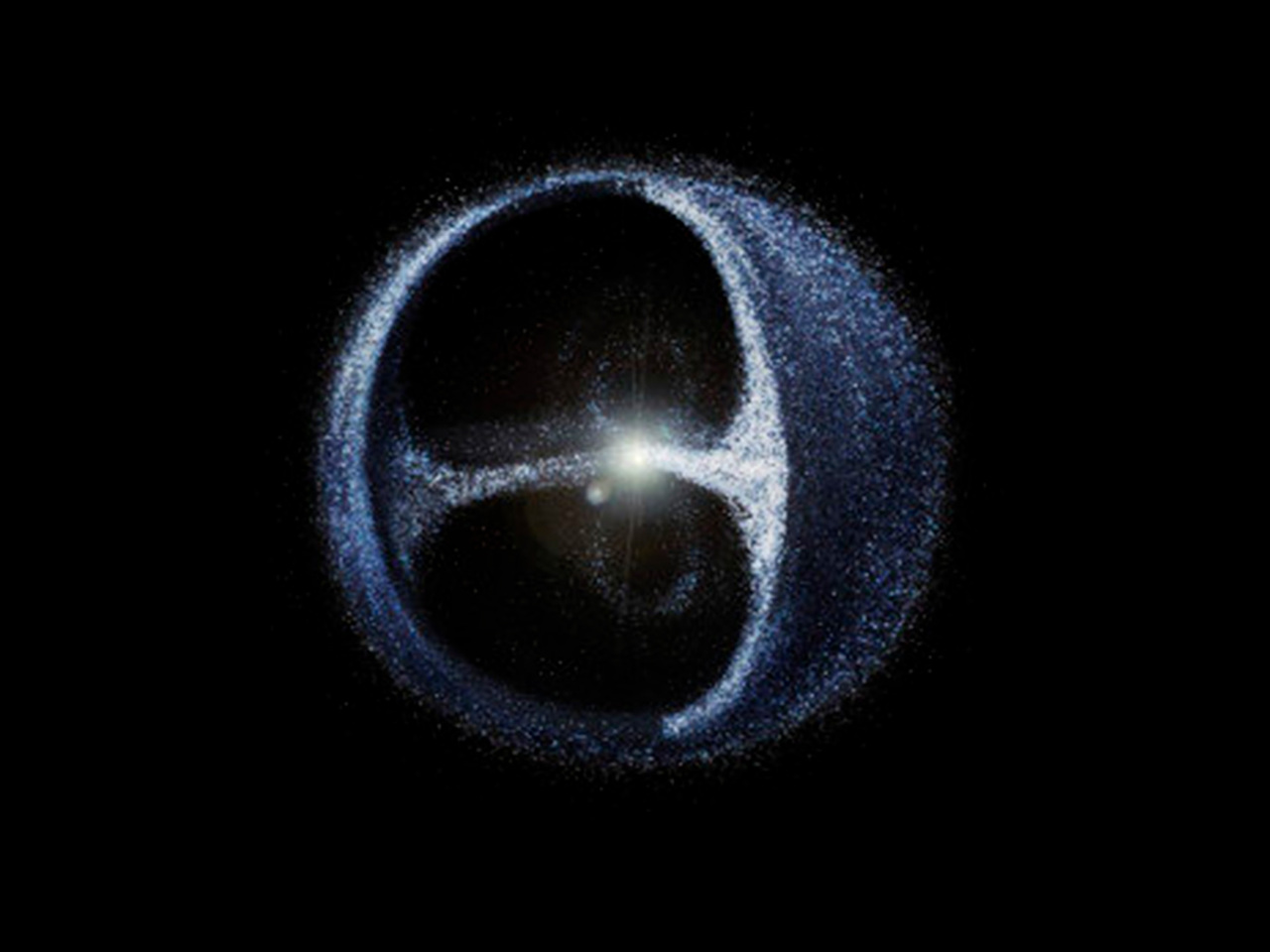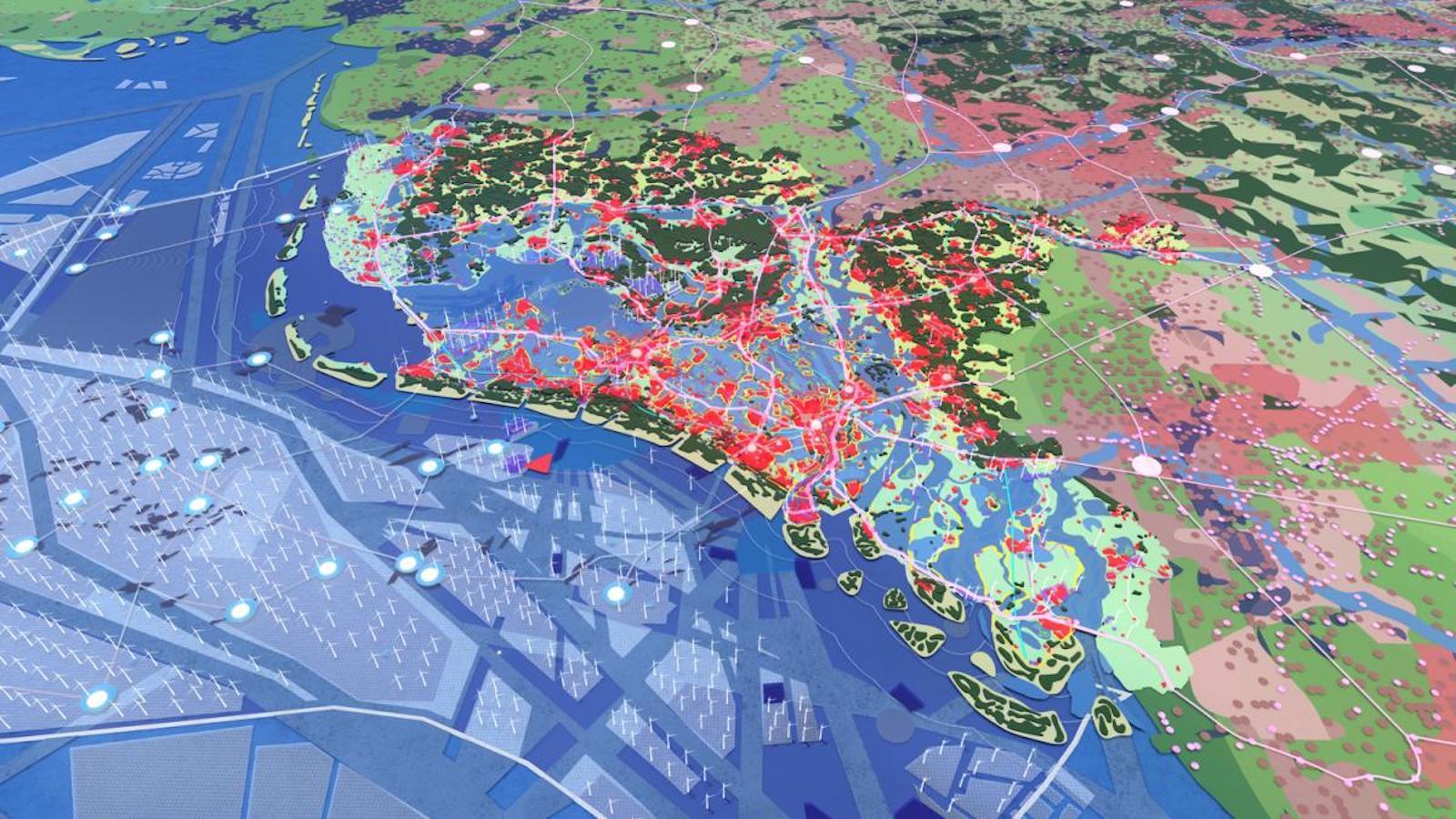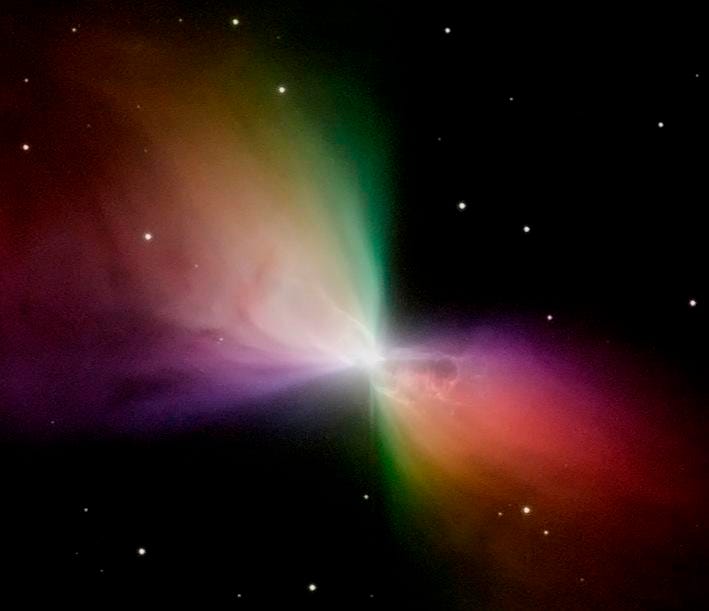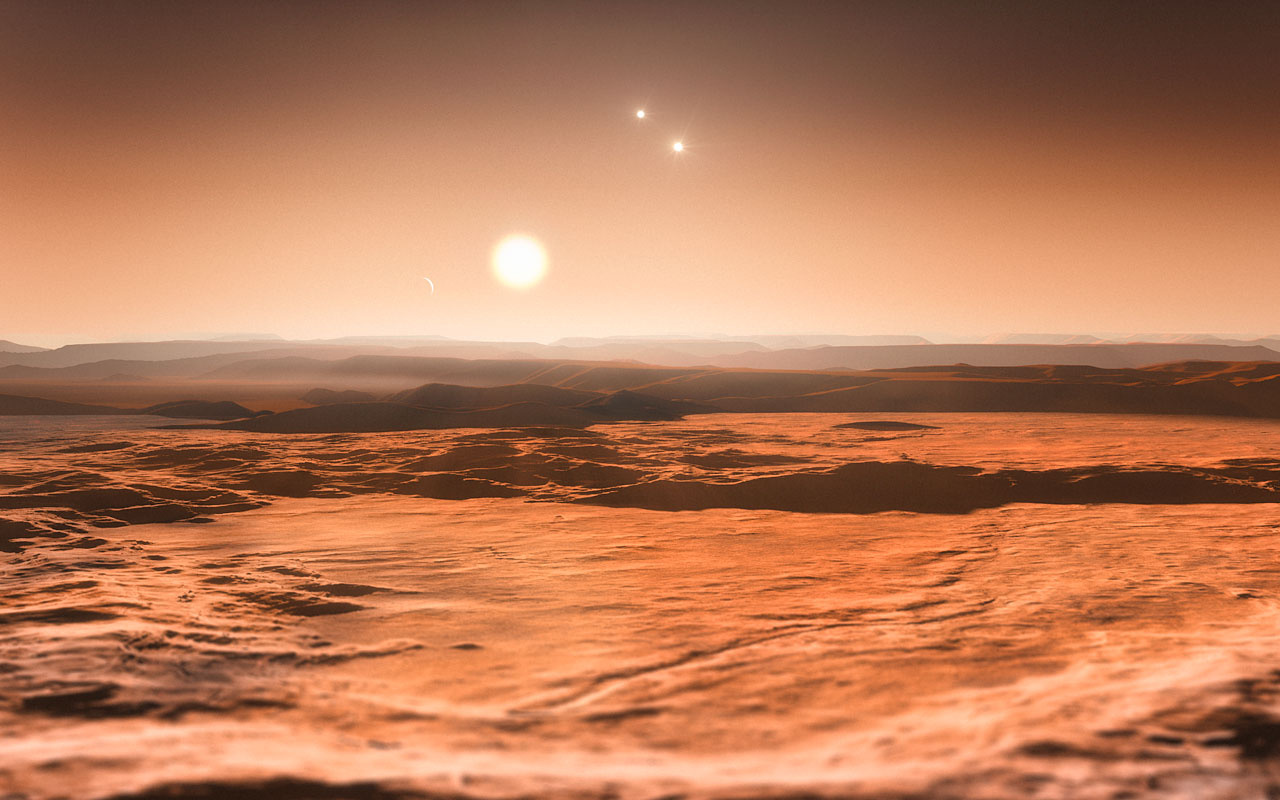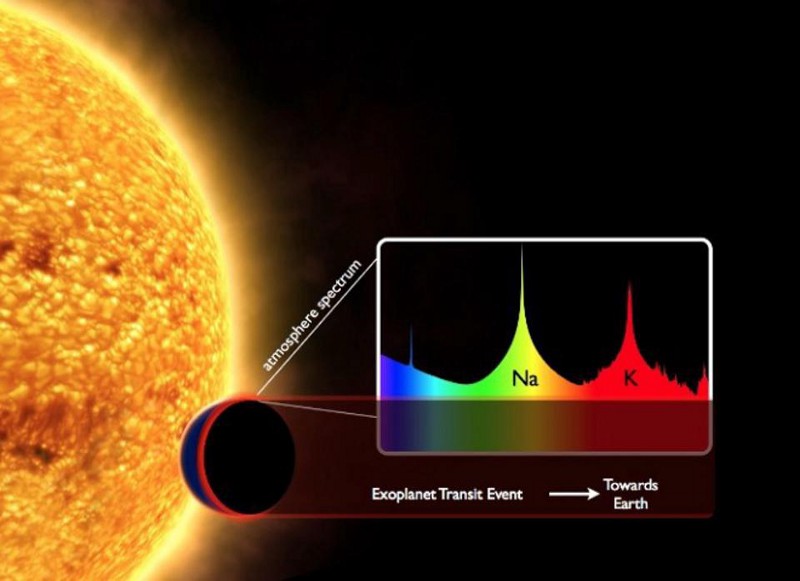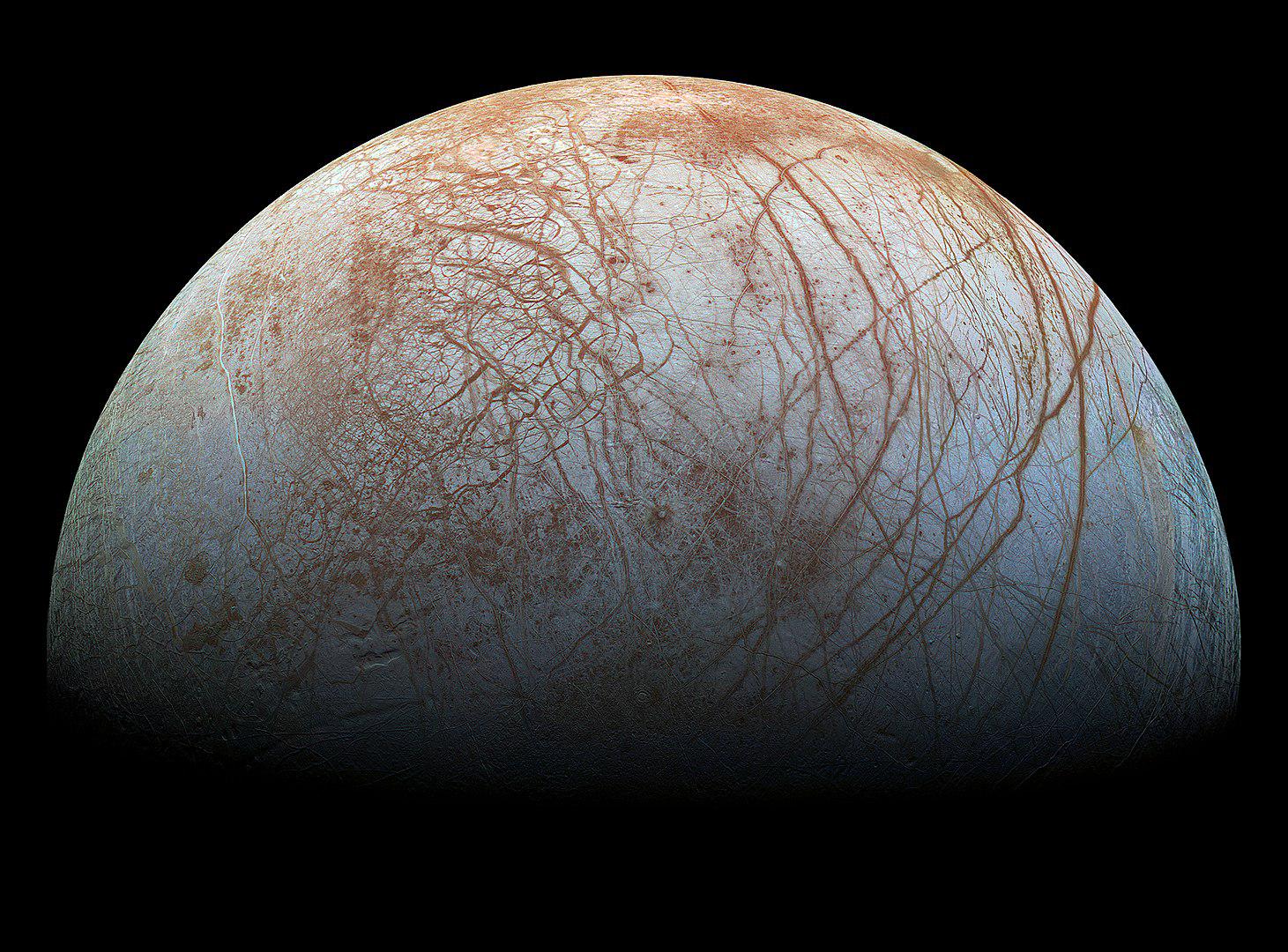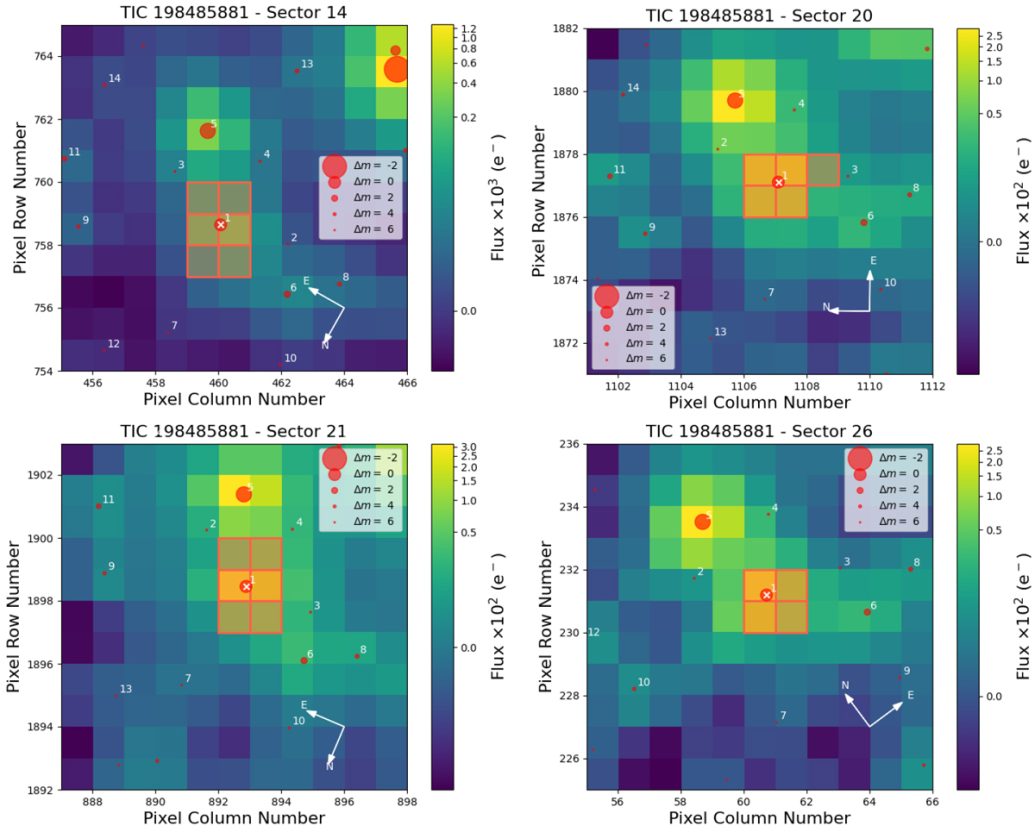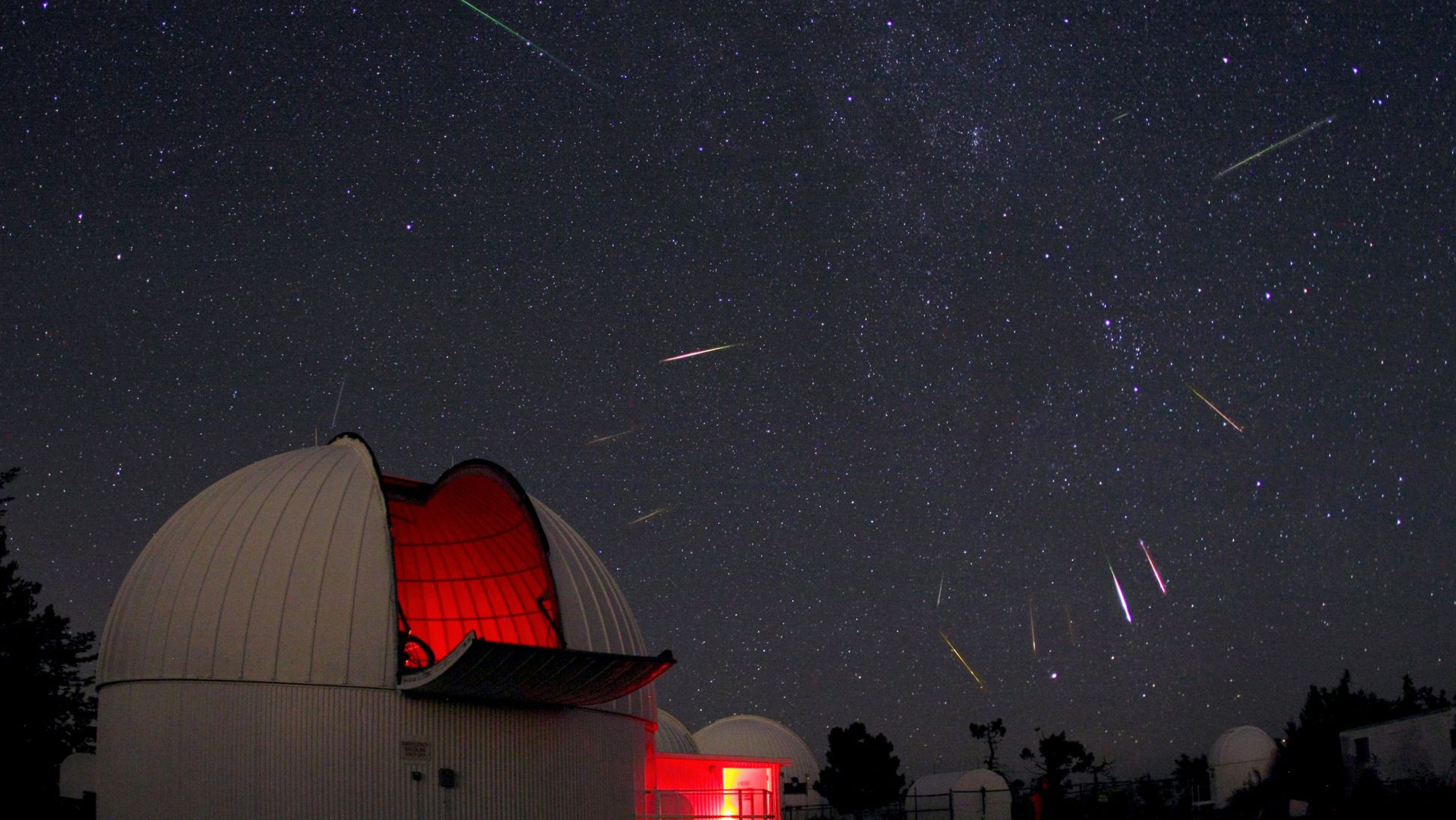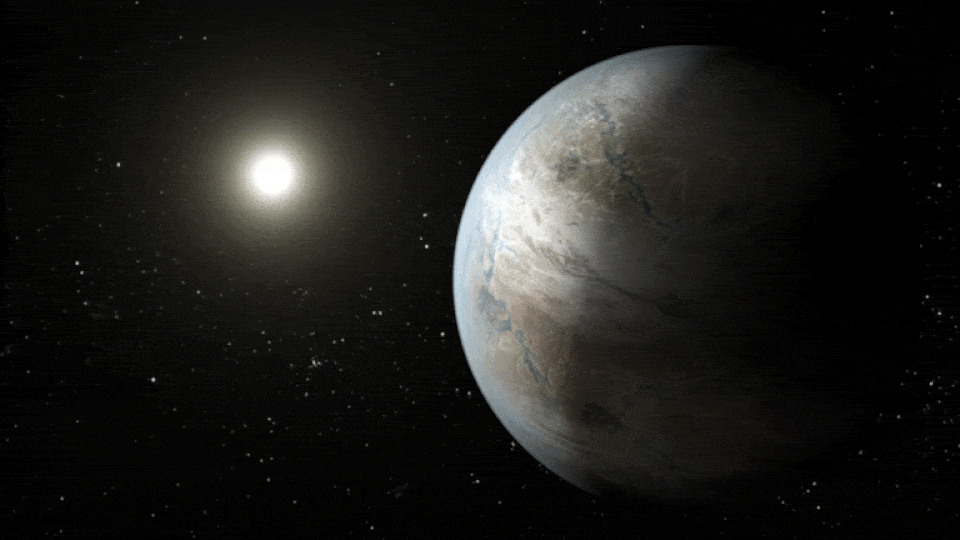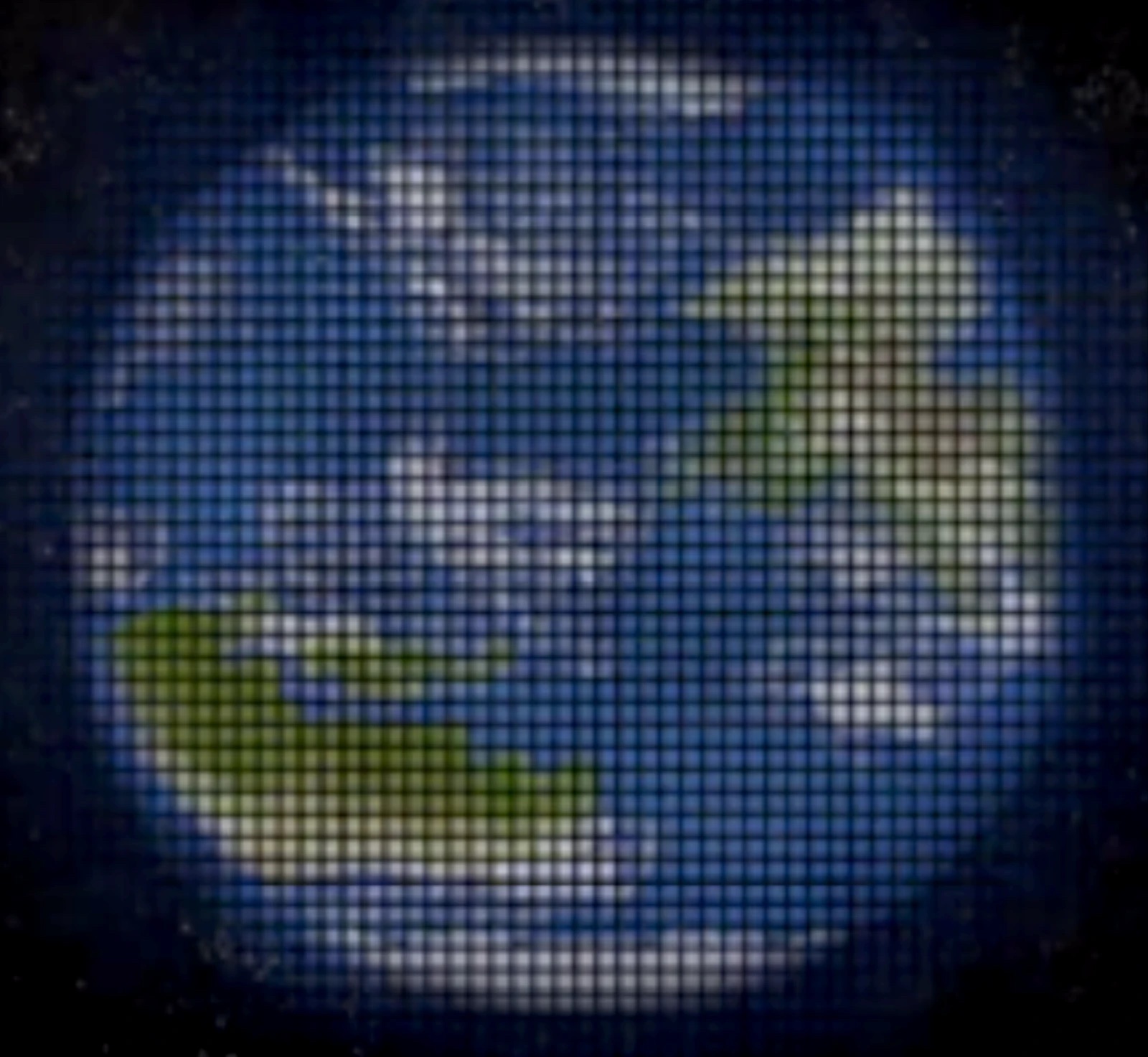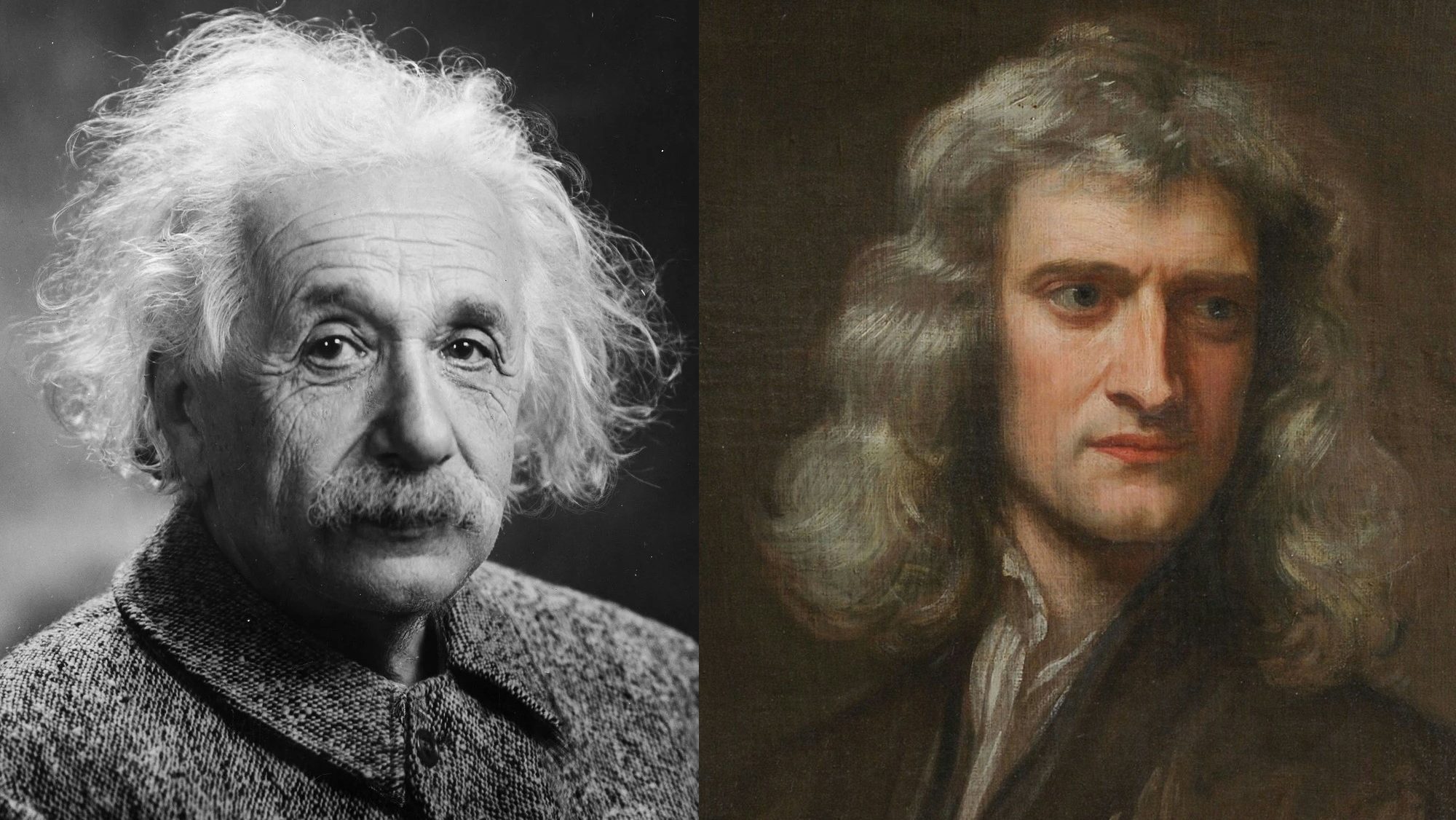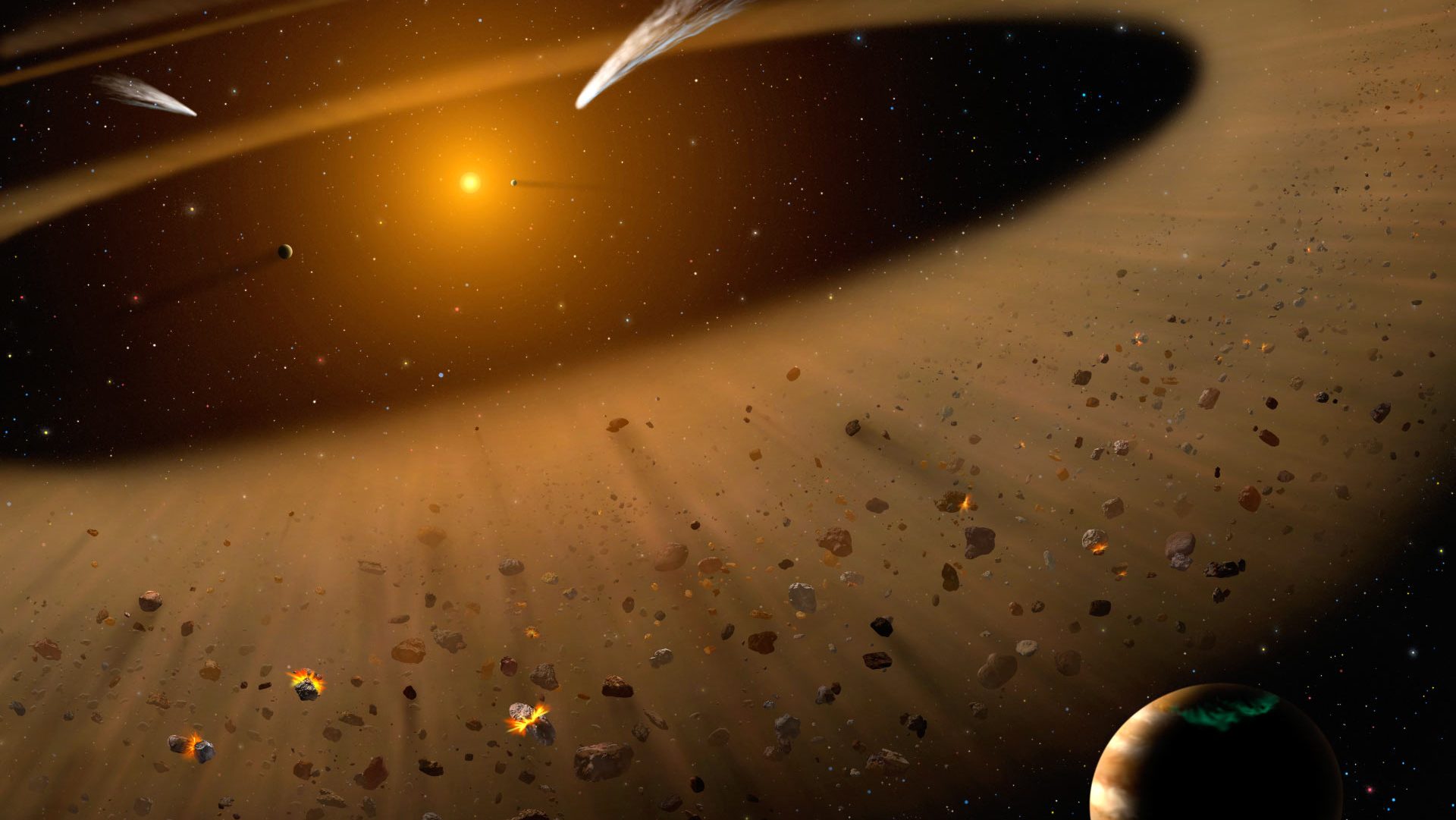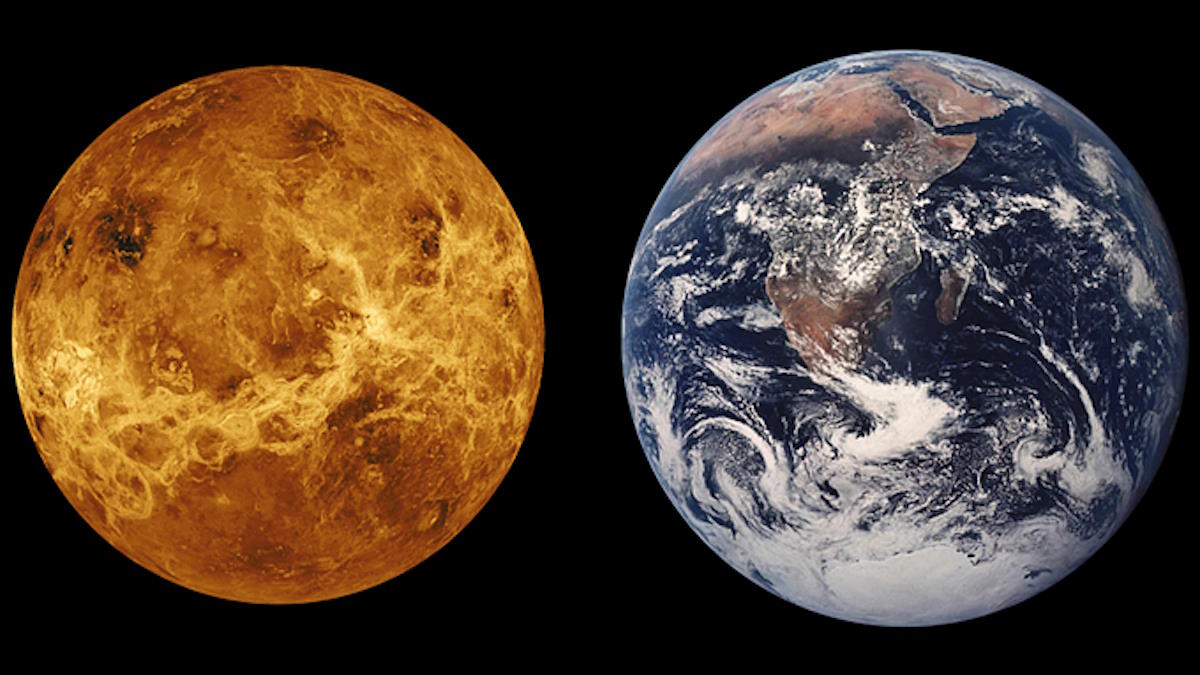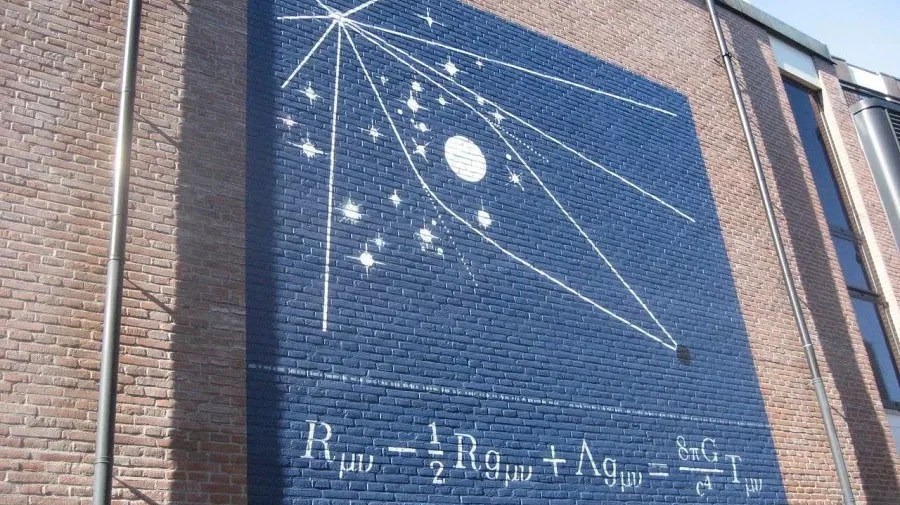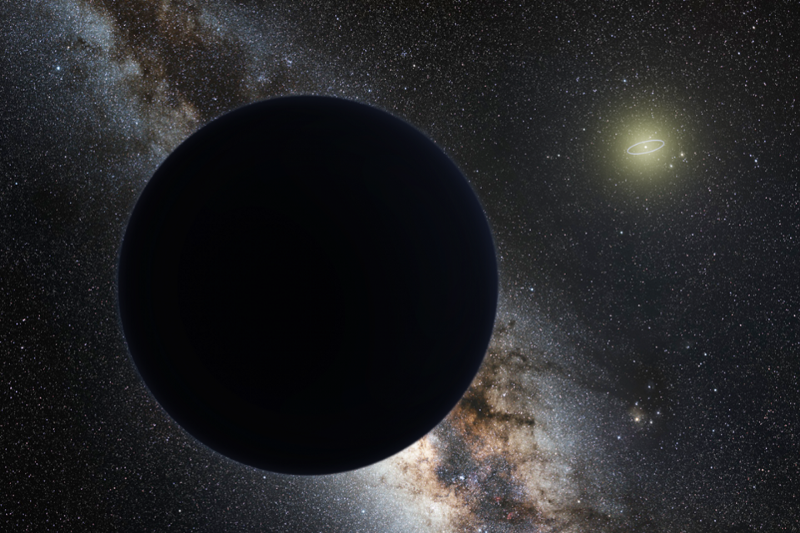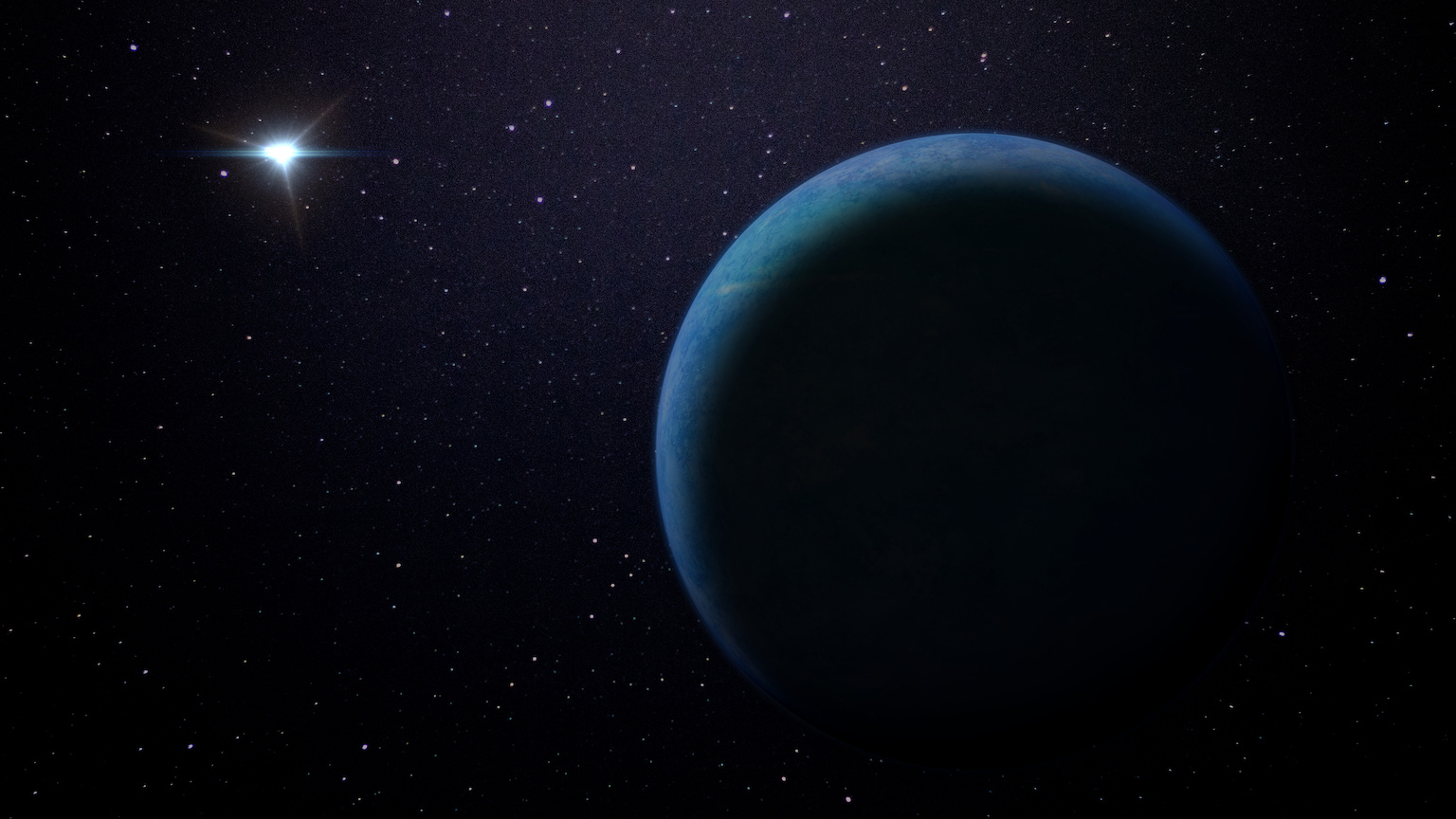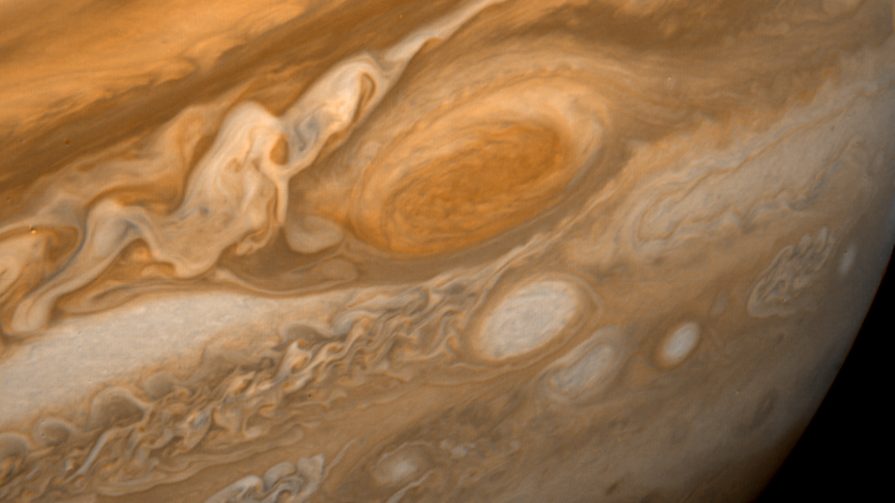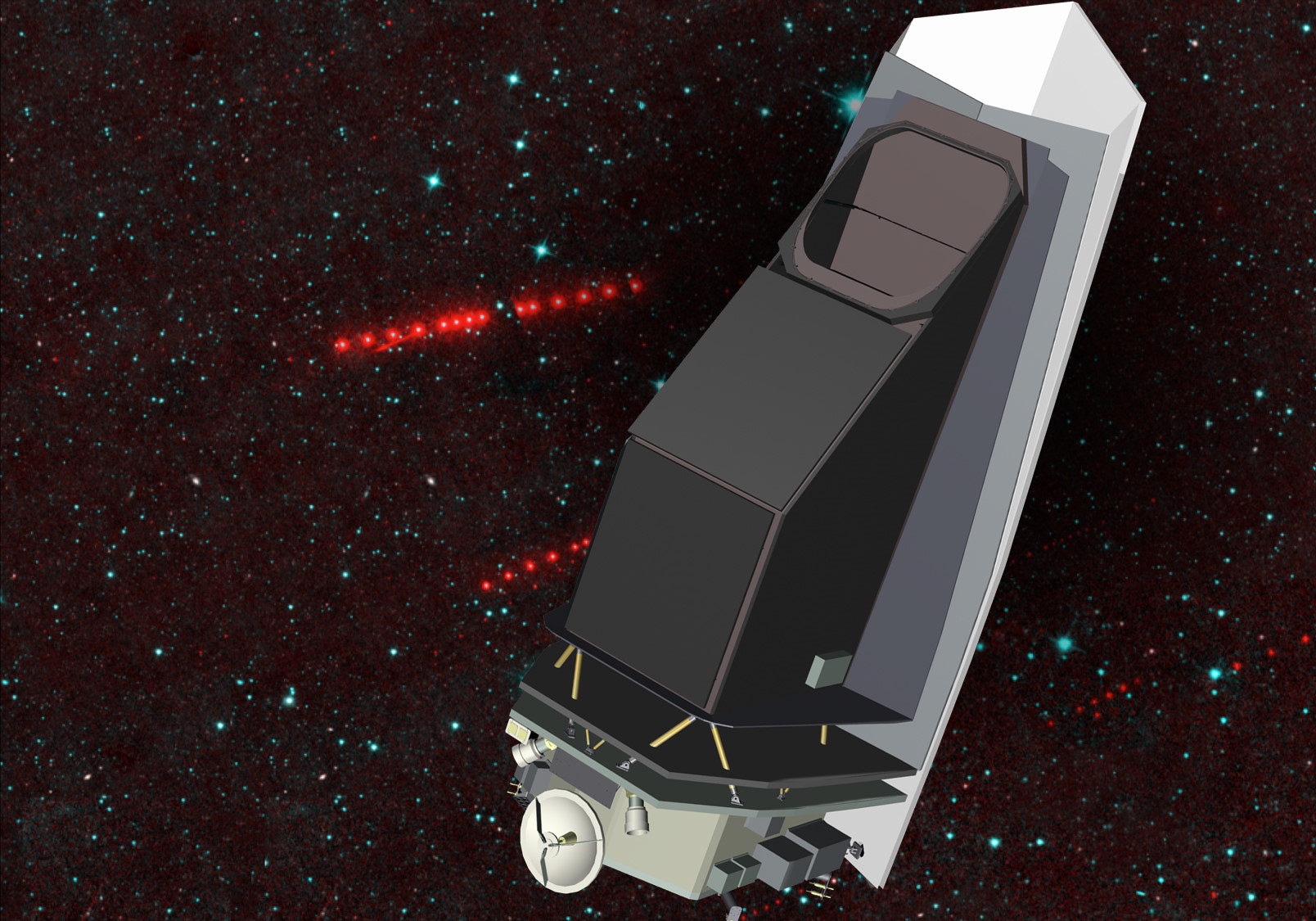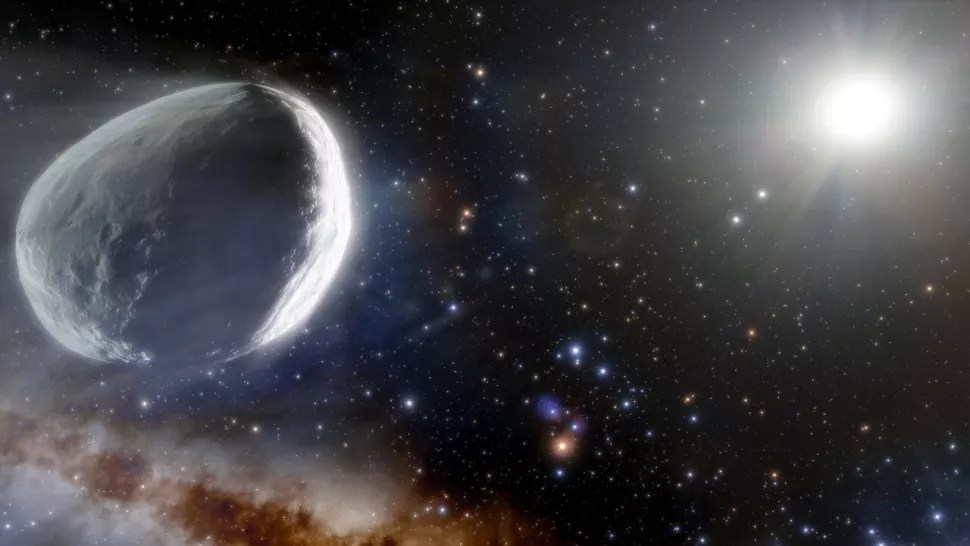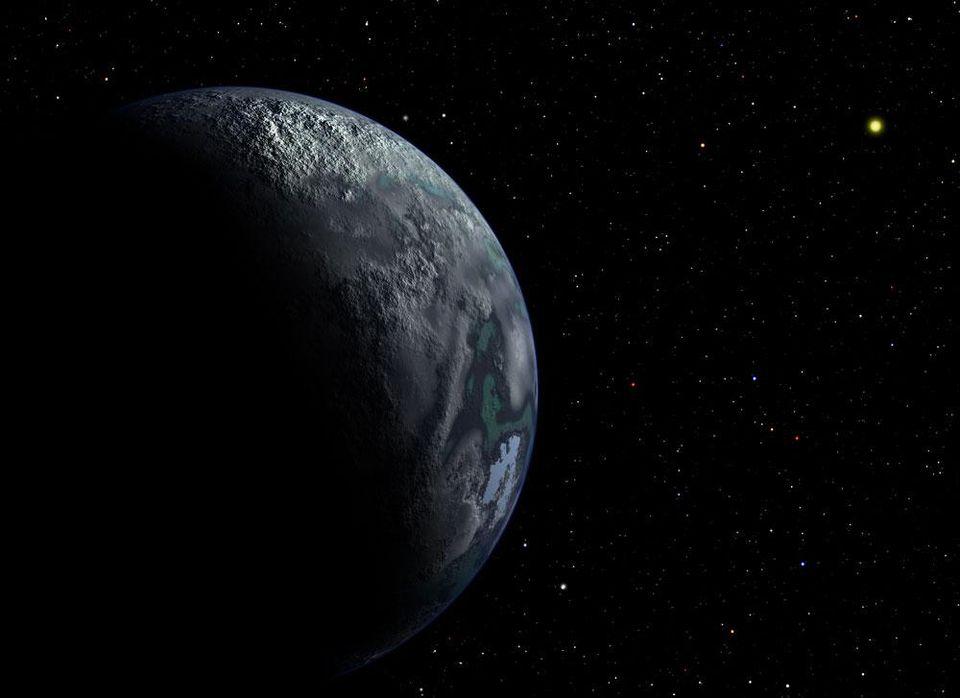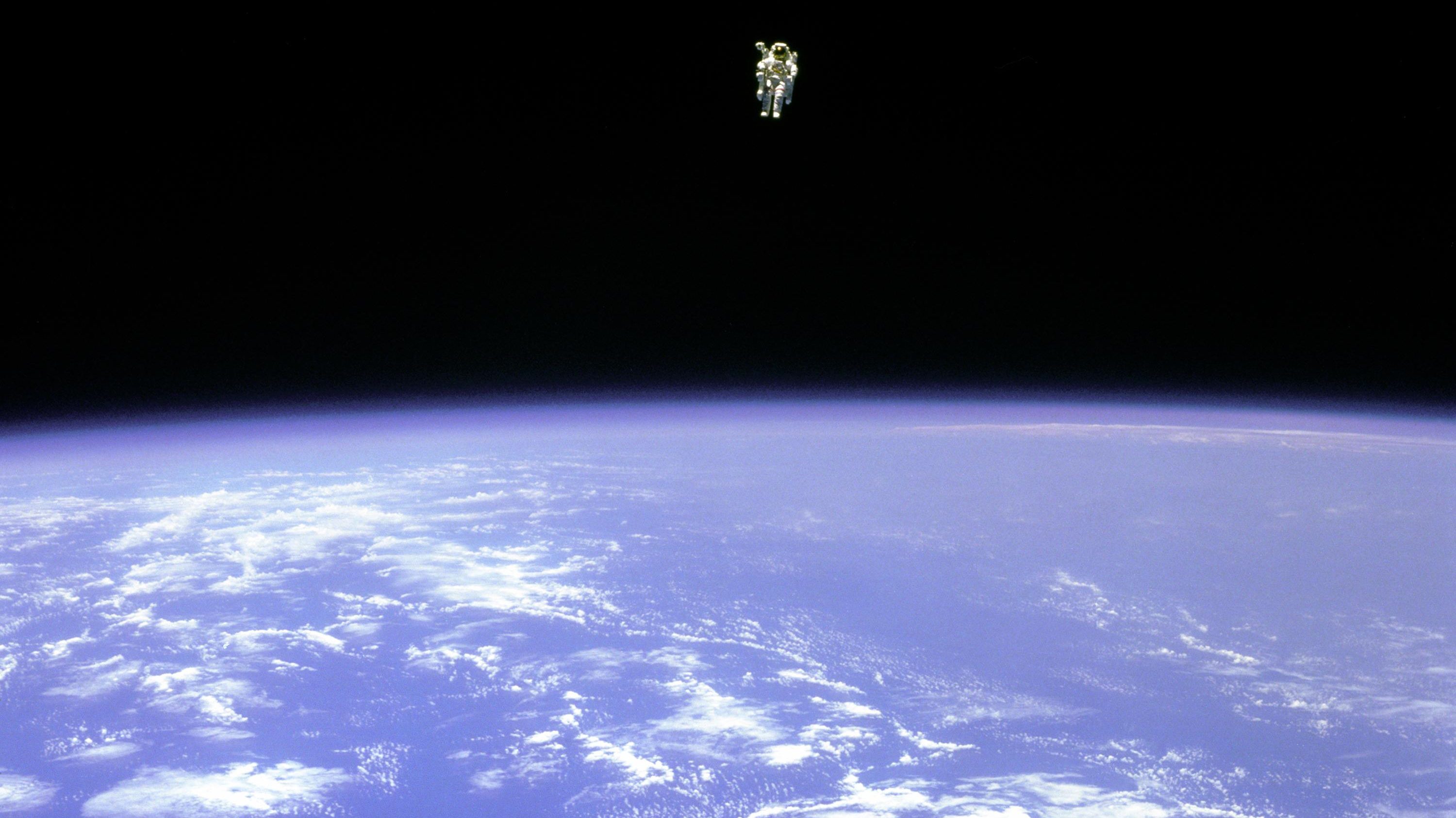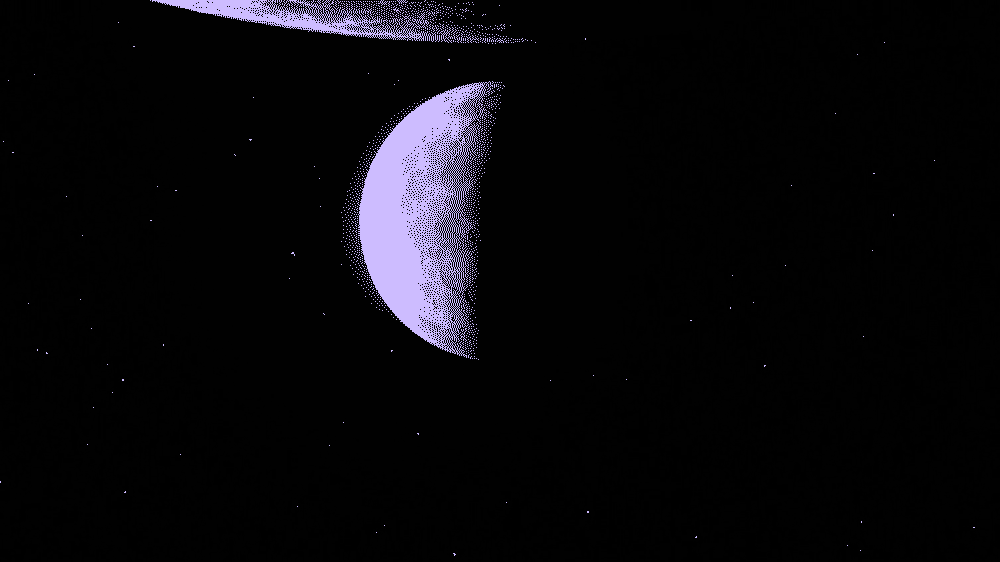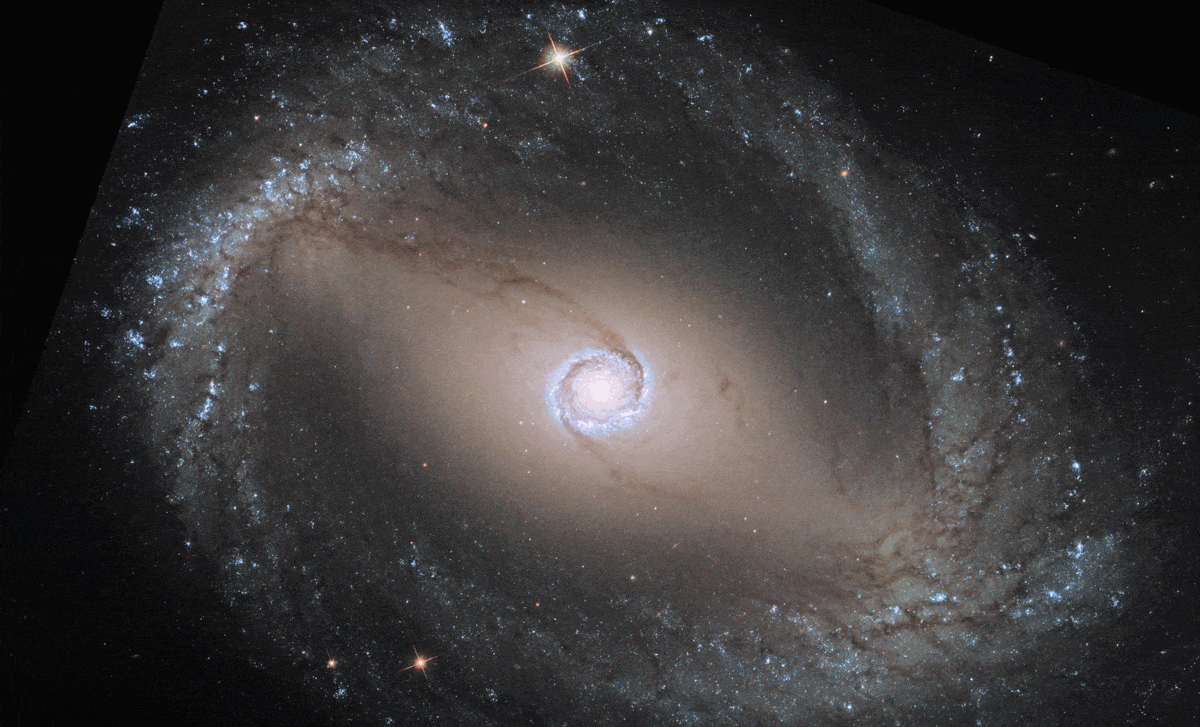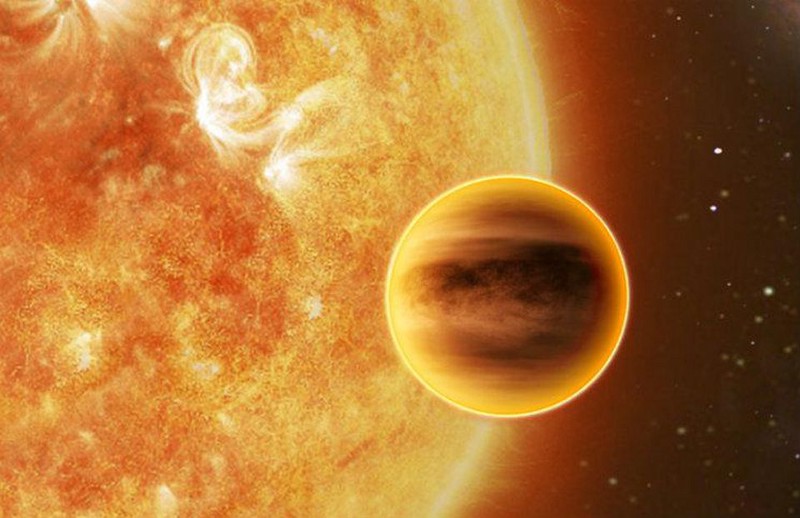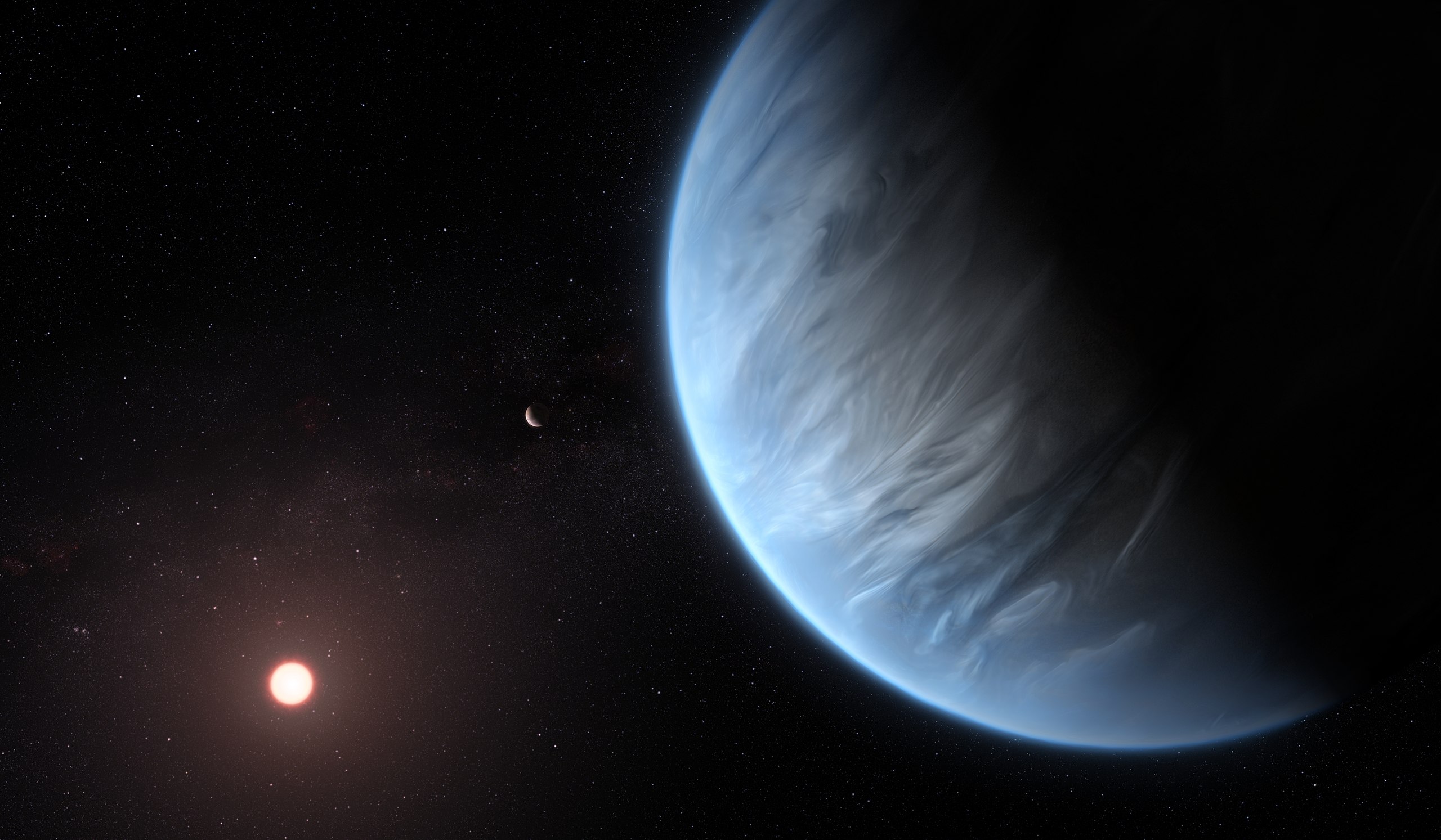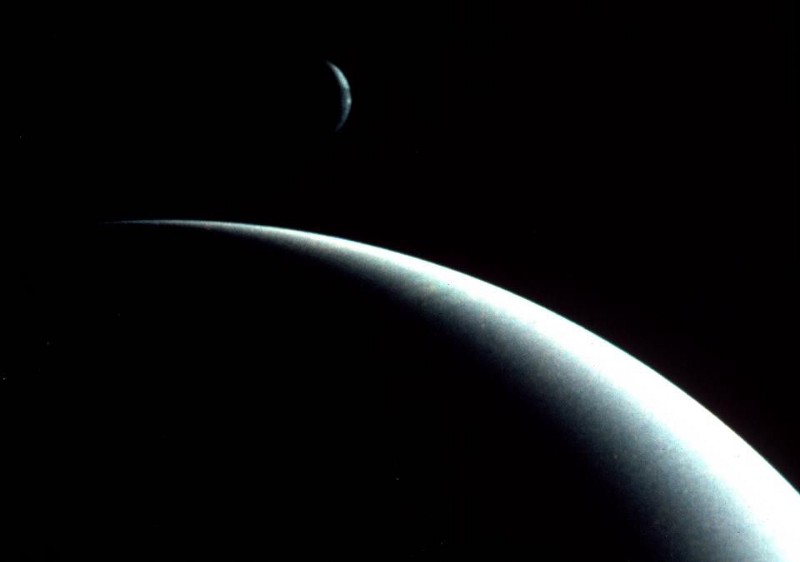The Universe begins with negligible amounts of angular momentum, which is always conserved. So why do planets, stars, and galaxies all spin?
Search Results
You searched for: Neptune
The stars, planets, and many moons are extremely round. Why don’t they take other shapes?
Our Solar System’s outer reaches, and what’s in them, was predicted long before the first Oort Cloud object was ever discovered.
With sea levels rising, the Dutch are pondering floating cities — while also exporting their engineering know-how to turn a tidy profit.
Empty, intergalactic space is just 2.725 K: not even three degrees above absolute zero. But the Boomerang Nebula is even colder.
The closest star system to Earth, just over 4 light-years away, has three stars and at least one Earth-sized planet. Is it time to go there?
Whether they’re gas giants or rocky planets makes all the difference for life. Over the past 30 years, we went from not knowing if there were planets like ours around other […]
Water is vital for life. Luckily for spacefaring humans, the solar system is full of it.
The search for worlds outside our solar system has just turned up a planet, TOI-2257 b, with a truly extreme orbit.
Peaking on the night of August 11/12, up to 100 bright meteors per hour will be visible. Here’s how to make the most of it.
From here on Earth, looking farther away in space means looking farther back in time. So what are distant Earth-watchers seeing right now?
With a telescope at just the right distance from the Sun, we could use its gravity to enhance and magnify a potentially inhabited planet.
For centuries, Newton’s inverse square law of gravity worked beautifully, but no one knew why. Here’s how Einstein finally explained it.
Straddling the bounds of science and religion, Newton wondered who set the planets in motion. Astrophysics reveals the answer.
Out of the four rocky planets in our Solar System, only Earth presently has plate tectonics. But billions of years ago, Venus had them, too.
If there are human-sized creatures walking around on other planets, would we be able to view them directly?
Although many of Einstein’s papers revolutionized physics, there’s one Einsteinian advance, generally, that towers over all the rest.
The definitive answer requires better, unbiased data. Despite all the advances that have occurred in human history, one extraordinary puzzle still remains right in our own backyard: we aren’t sure how […]
Pluto failed to meet the definition of a planet, but some astronomers think there might be a legitimate Planet 9 out there.
Much like computing technology, the Great Red Spot has been getting smaller and faster over the last few years.
Most potentially hazardous asteroids remain unidentified. NEO surveyor could change that, but only if it’s funded, and soon.
A new study shows that the Bernardinelli-Bernstein Comet is much larger than previously thought — potentially the largest ever spotted.
Known as orphaned planets, rogue planets, or planets without parent stars, these “outliers” might be the most common planet of all.
When the average person has a “theory,” they’re just guessing. But for a scientist, a theory is the pinnacle of what we can achieve.
Massive objects like black holes, stars, and rogue planets routinely pass near our Solar System. An ensuing comet storm could destroy us.
The Earth that exists today wasn’t formed simultaneously with the Sun and the other planets. In some ways, we’re quite a latecomer.
In July of 2022, the first science images from JWST were unveiled. Two years later, it’s changed our view of the Universe.
Think there are habitable super-Earths out there? Think again. Here in our Solar System, we have two very distinct types of planets: small, terrestrial, rocky worlds, with thin (or no) atmospheres […]
Each of our three nearest stars might have an Earth-like planet in orbit around it. Here’s what we’ll learn when we finally observe it.
The largest moon around our last planet didn’t originate with Neptune. When it comes to the moons of our Solar System, there’s only one planet that doesn’t fit in with our […]
